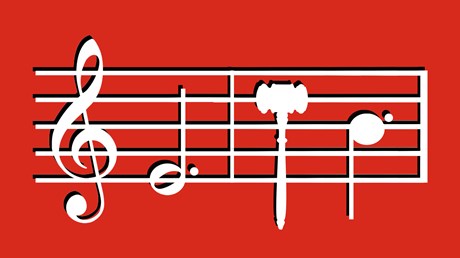Let’s swap “sloppy wet kiss” for “break the arm of the wicked man.”

In 2018, an unusual Bible made national news. Published in 1807, the so-called “Slave Bible” offered Caribbean slaves a highly edited edition of the KJV. The editors presumably cut out parts of Scripture that could undermine slavery or incite rebellion.
If you want a pro-slavery Bible, it’s unsurprising you’d get rid of the exodus story or drop Paul’s declaration that in Christ “there is … neither slave nor free” (Gal. 3:28). But why did the creators of the “Slave Bible” cut out the Book of Psalms? After all, the portions that tend to be well known and well-loved draw our minds toward well-tended sheep sitting by quiet waters.
Yet upon closer inspection, Psalms is obsessed with the Lord’s liberating justice for the oppressed. And because the book offers us prayers and songs, it doesn’t just tell us how to think about justice—it offers us scripts to practice shouting and singing about it.
But when I recently took a quick look at the lyrics of the first 25 songs listed in the “CCLI Top 100” worship songs reportedly sung by churches and compared them to the way the Psalms sing about justice, I realized that we don’t necessarily follow that script. Here’s what stood out:
There is only one passing mention of the word justice in the Top 25. By contrast, just one of the Old Testament’s words for justice (mishpat) shows up 65 times in 33 different psalms. The oldest title for the Book of Psalms is simply “Praises.” When you ask what the Psalter says we should be praising God for, though, the Lord’s justice stands at the top of the list. The Psalms shout for joy to the “Mighty King, lover of justice,” ...
from Christianity Today Magazine
via


.gif)

.gif)
.gif)
